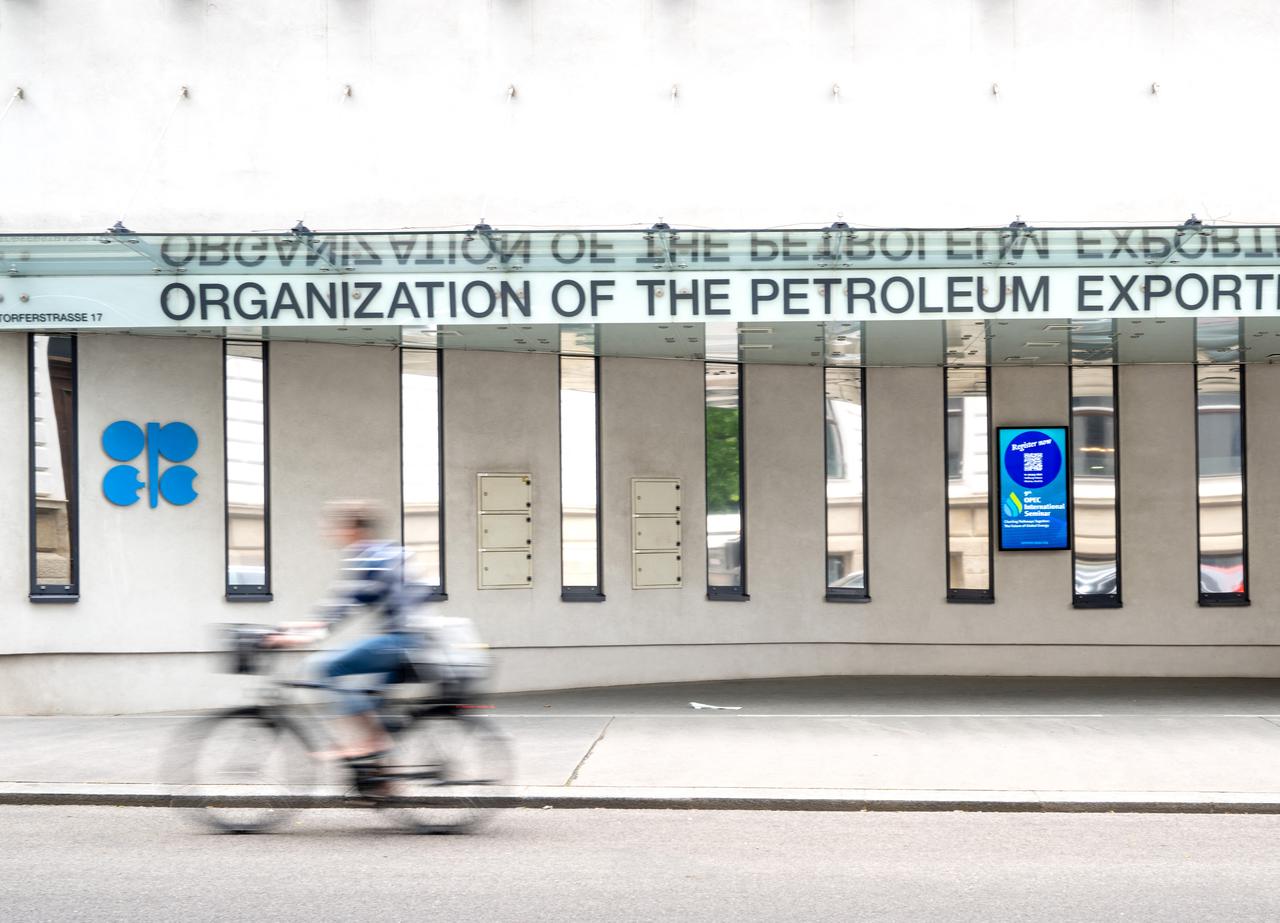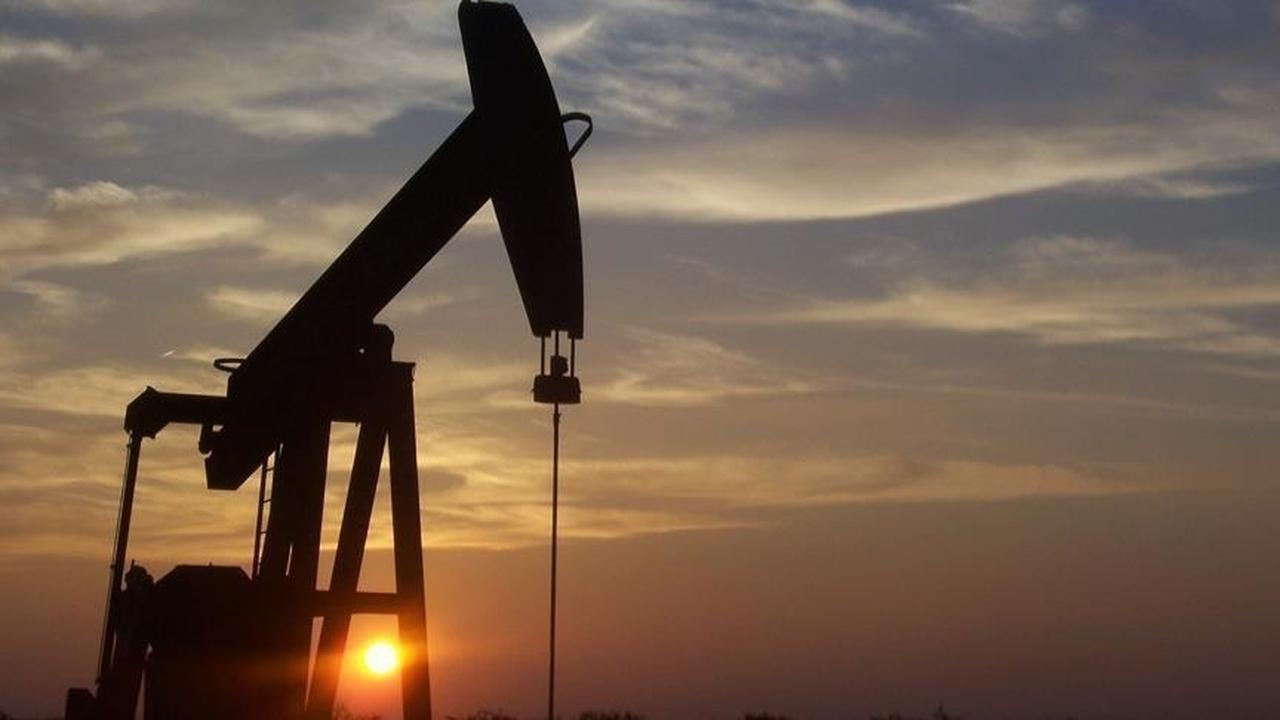
A coalition of eight key OPEC+ producers announced Saturday that they will raise oil output by 411,000 barrels per day in July, extending a three-month production expansion aimed at reshaping the global energy landscape.
The group, informally referred to as the “Voluntary Eight”—comprising Saudi Arabia, Russia, Iraq, the United Arab Emirates, Kuwait, Kazakhstan, Algeria, and Oman—initially committed to daily reductions totaling 2.2 million barrels to support prices. However, following a policy change introduced in early 2025, members began phasing out these cuts in a flexible manner, citing stable global economic outlooks and declining inventory levels.
Saturday’s announcement confirms that the gradual lifting of voluntary cuts will continue through July. The total July increase, set at 411,000 barrels per day, effectively completes the phase-out process that started in April. According to the group, this decision is based on the earlier OPEC+ resolution from Dec. 5, 2024, and could be revised depending on market dynamics.
The coalition also confirmed that it will reassess production levels in its next meeting scheduled for July 6, potentially adjusting output again in response to price movements or geopolitical developments.

Oil prices saw their steepest slump following U.S. President Donald Trump's reciprocal tariffs unveiled on April 2, intensifying fears of a global recession. Amid mounting global trade tensions, OPEC+’s decision to increase oil output jolted the market, driving prices below $60 per barrel for the first time since 2021.
As of the latest trading session, West Texas Intermediate (WTI) crude futures for July stood at $60.73 per barrel, while Brent crude contracts were priced at $63.90.
While the OPEC+ alliance typically acts to defend prices, the latest shift underscores a more complex set of priorities, including political alliances and economic pressures. The Voluntary Eight emphasized that their production strategy remains conditional and may be reversed if warranted by market signals.